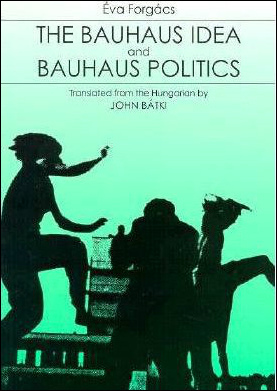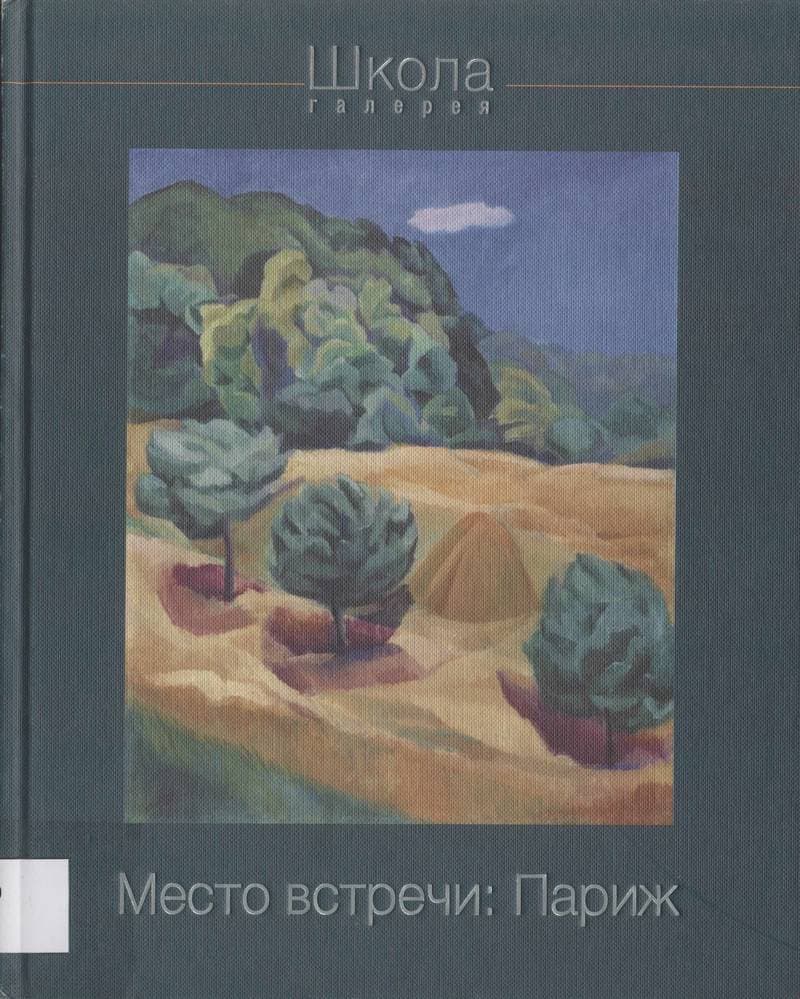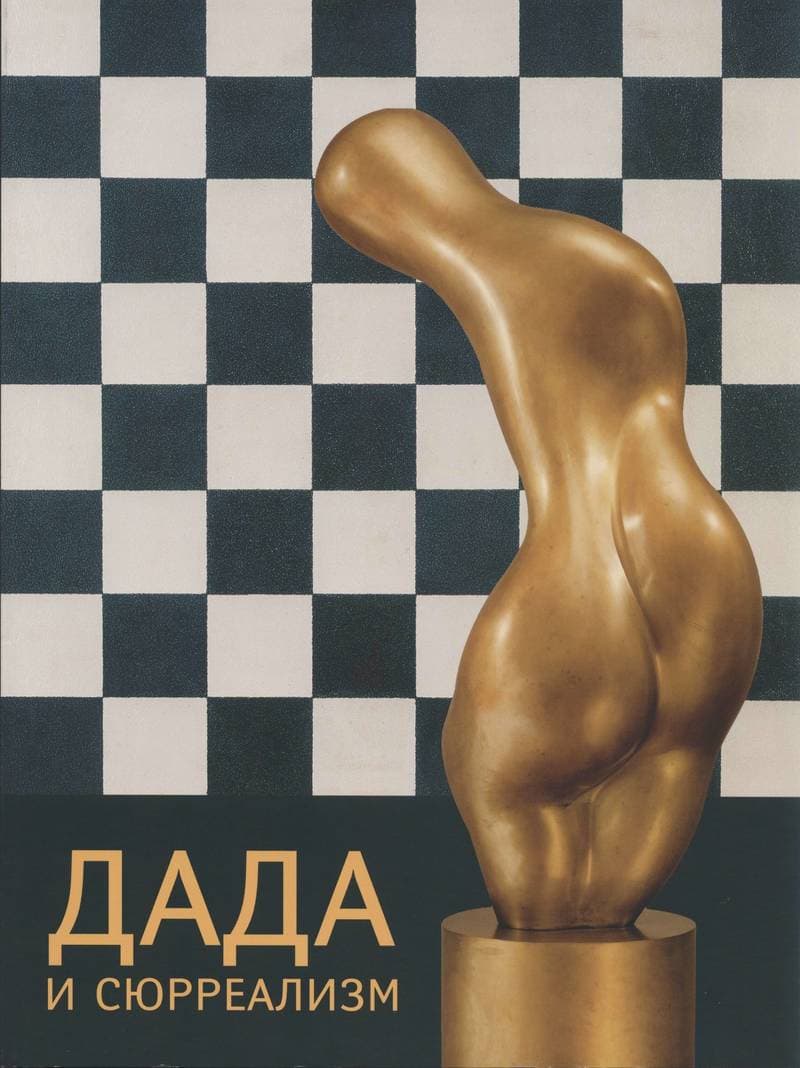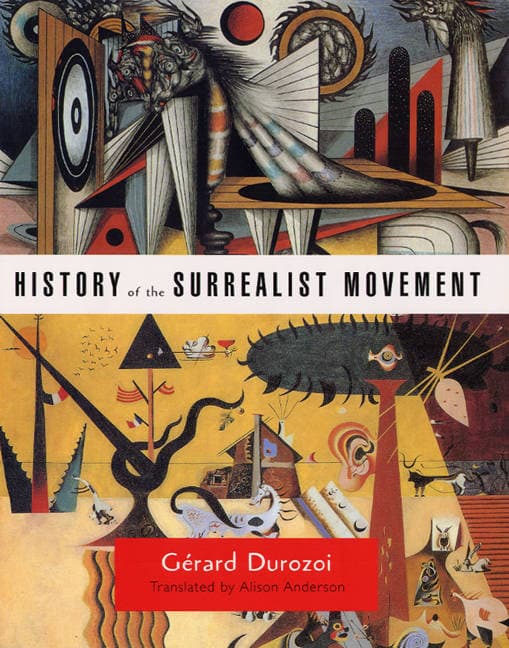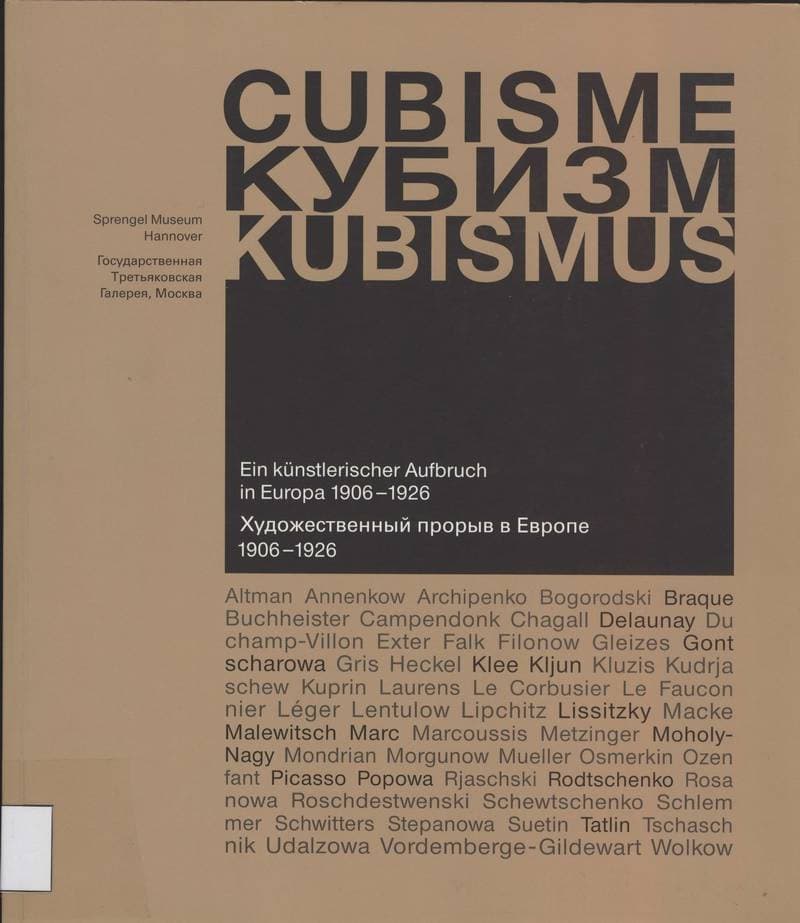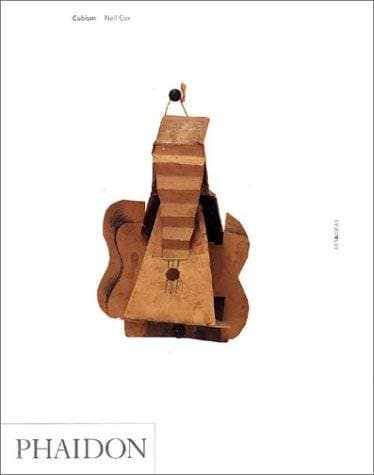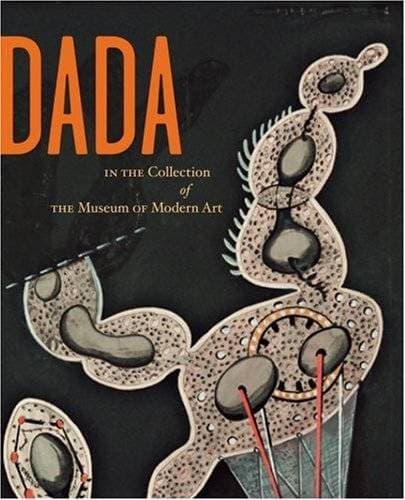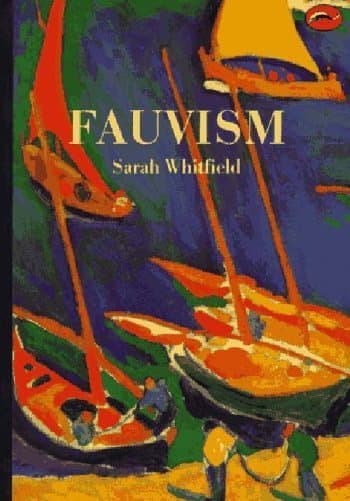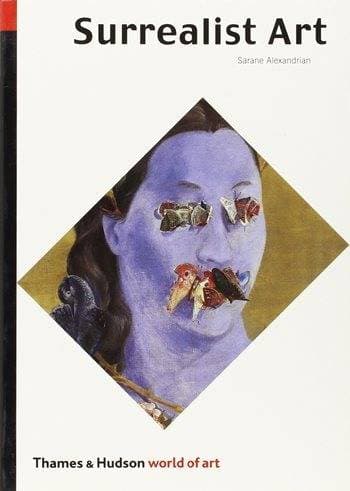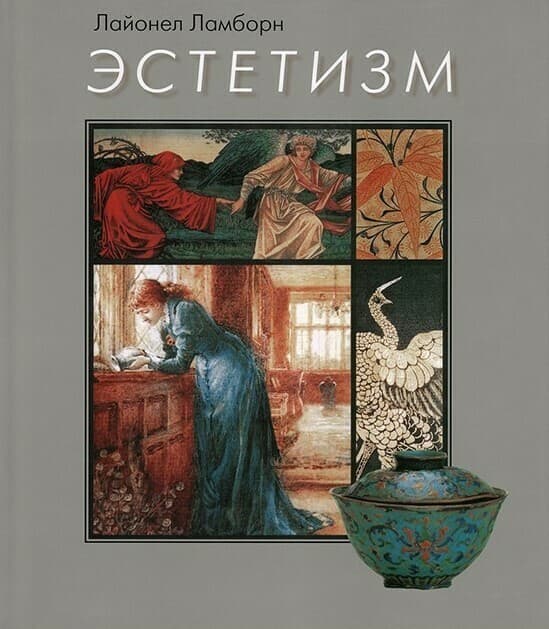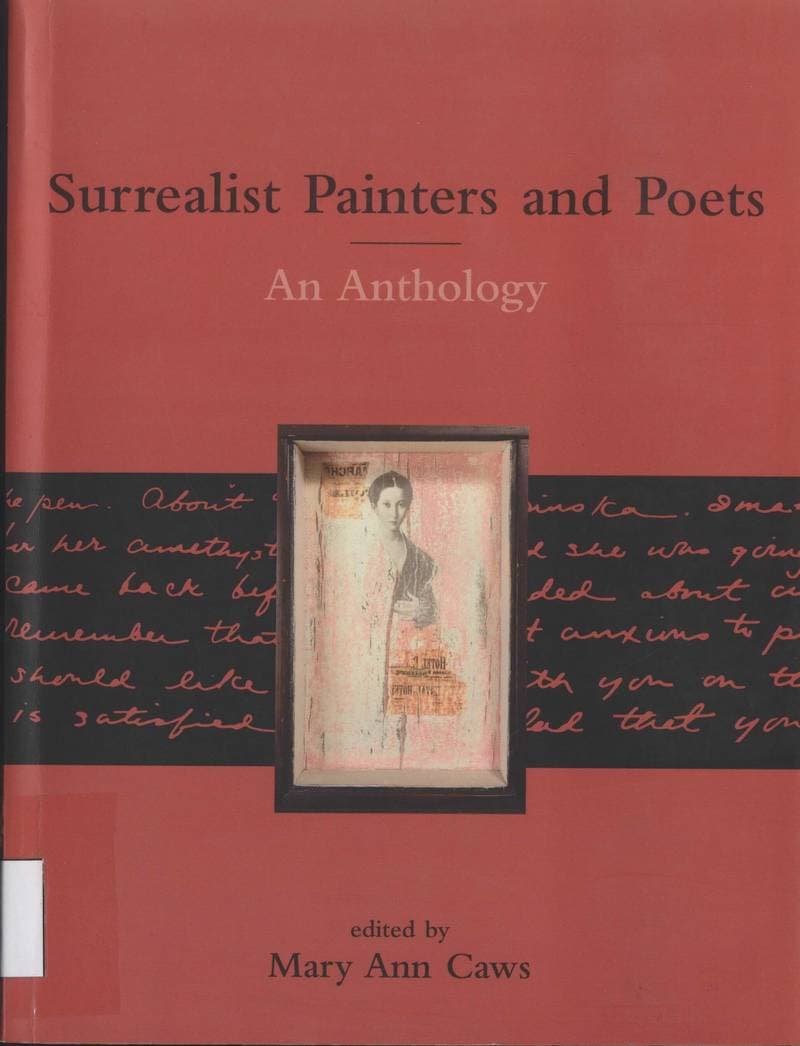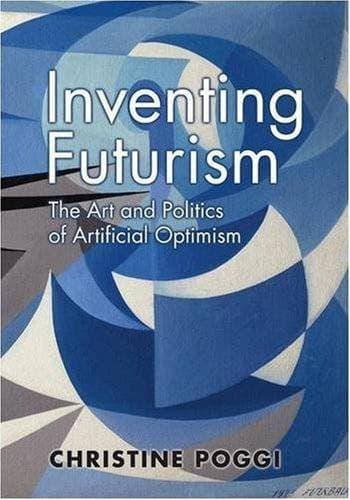The Bauhaus Idea and Bauhaus Politics
In this highly original book, Hungarian art historian Eva Forgacs examines the development of the Bauhaus school of architecture and applied design by focusing on the idea of the Bauhaus, rather than on its artefacts. What gave this idea its extraordinary powers of survival? Written in 1989, the year of the revolutions, by an author who belongs to the “1968 generation,” this study provides a sensitive East European overview of the 1920s--a period so similar to the 1960s, when large-scale utopias, after a few bright years, were so vehemently suppressed. The text has been extensively revised since its original publication in Hungarian in 1991, and an entirely new chapter has been added on the Bauhaus's Russian analogue, VKhUTEMAS, the Moscow academy of industrial art. A unique feature of the book is the comparison of the two academies, as is the author's analytical emphasis on the history of ideas.
Details
Pechstein Max, Itten Johannes, Gropius Walter, Klee Paul, Meyer Hannes, Albers Josef
London
1995
237 pages
9781858660127
Available on request
Yes
Yes
709.040 Bau
1
- Место встречи: Париж/ Meeting Place: Paris2011
- Дада и сюрреализм из собрания музея Израиля2015
- Символизм в изобразительном искусстве: Франция и Бельгия, 1870–19001994
- History of the Surrealist Movement2004
- Кубизм: художественный прорыв в Европе 1906–1926 / Kubismus: Ein kunstlerischer Aufbruch in Europa 1906–19262003
- Cubism2010
- Dada in the collection of the Museum of Modern Art2008
- Fauvism1996
- Surrealist Art2012
- Эстетизм2007
- Surrealism2004
- Inventing Futurism: The Art and Politics of Artificial Optimism2009
